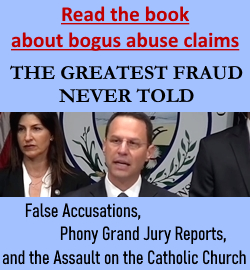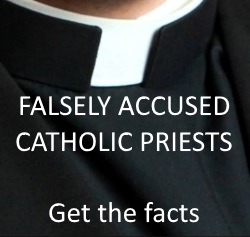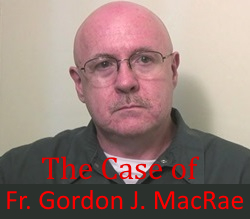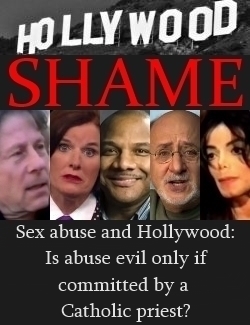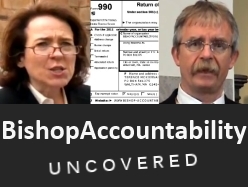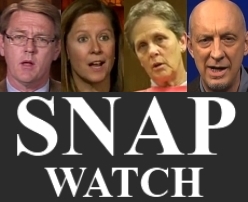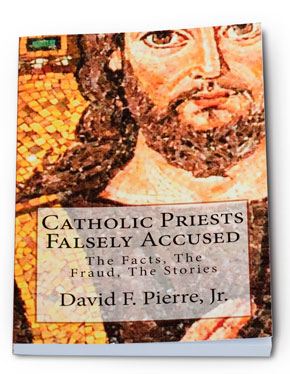The Associated Press' Nicole Winfield is at it again with erroneous and slanted reporting of the Catholic Church. In an article about Pope Benedict XVI's dedication of a basilica in Spain this weekend (Sun. 11/7/10), Winfield writes:
As [the Pope] headed to the basilica, about 200 gays and lesbians staged a 'kiss-in' to protest his visit and church policies that consider homosexual acts 'intrinsically disordered.' Later, a few hundred women marched to protest their second-class status in the church and the Vatican's opposition to birth control.
First: Winfield tells us that "some 250,000" supporters attended the dedication. If there were 200 gay demonstrators, that would represent 0.08% (or 8/10,000ths) of all who were in attendance. At most, this minuscule "kiss-in" merits a passing mention. Yet with the article's headline, "Pope defends family as Spanish gays hold 'kiss-in'," the AP practically gives the gays equal billing.
Second: To claim that women have "second-class status" in the Church is a gross falsehood and misrepresentation. The Catholic Church firmly asserts, "Man and woman are both with one and the same dignity 'in the image of God'" (CCC 369). There is no such thing as a "second-class citizen" in the Church.
What prompted Winfield to state that women have "second-class status"? She doesn't tell us. But if it's because of the Church's male-only priesthood, Winfield reveals her ignorance of Catholic teaching. As we've written several times before, the ordination of priests is a sacrament in the Catholic Church, and it maintains that sacraments were instituted by Jesus himself. Jesus chose only men for the priesthood, and the Church simply does not have the authority to change the nature of a sacrament. The Church also asserts that the priesthood is about role, not power. In his Letter to the Romans (Rom. 12:4-8) and his First Letter to the Corinthians (1 Cor 7 (all)), Paul teaches about roles in the Church. (For even more on this, check out: Mulieris Dignitatem (Pope JPII, 1988); Ordinatio Sacerdotalis (Pope JPII, 1994); and "Public acts of contrition in the age of spin control" (Mary Ann Glendon, 1997.)
Winfield should get kudos for one notable thing, however. Winfield's piece about the Pope and the Church may be the longest article I've seen in recent memory by a secular organization that didn't mention the clergy sex abuse scandals at all. Finally!
